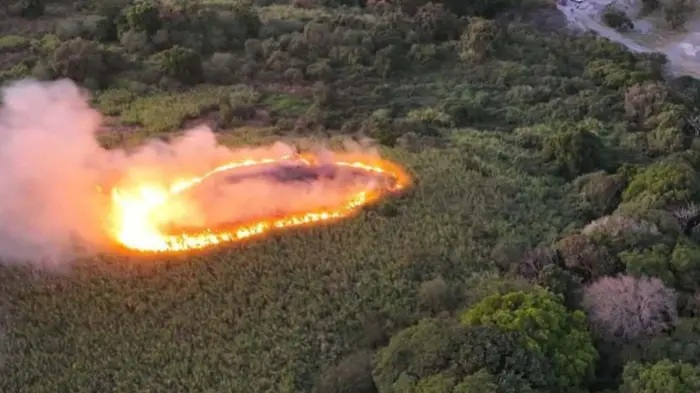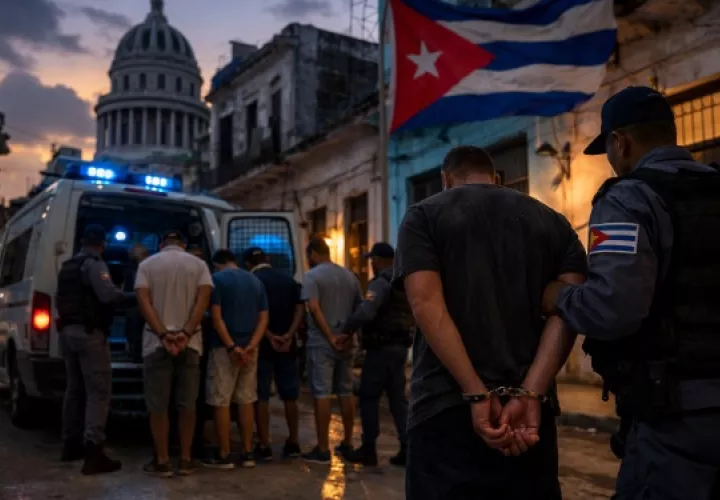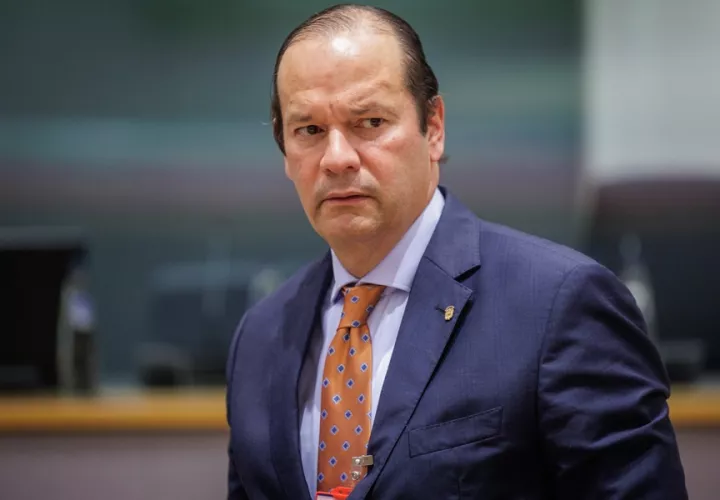Third Chamber Supreme Court Denies Appeal – Environmental Resolution of Puerto Barú
The edict was posted on July 24 in the Court Registry for a period of five business days.
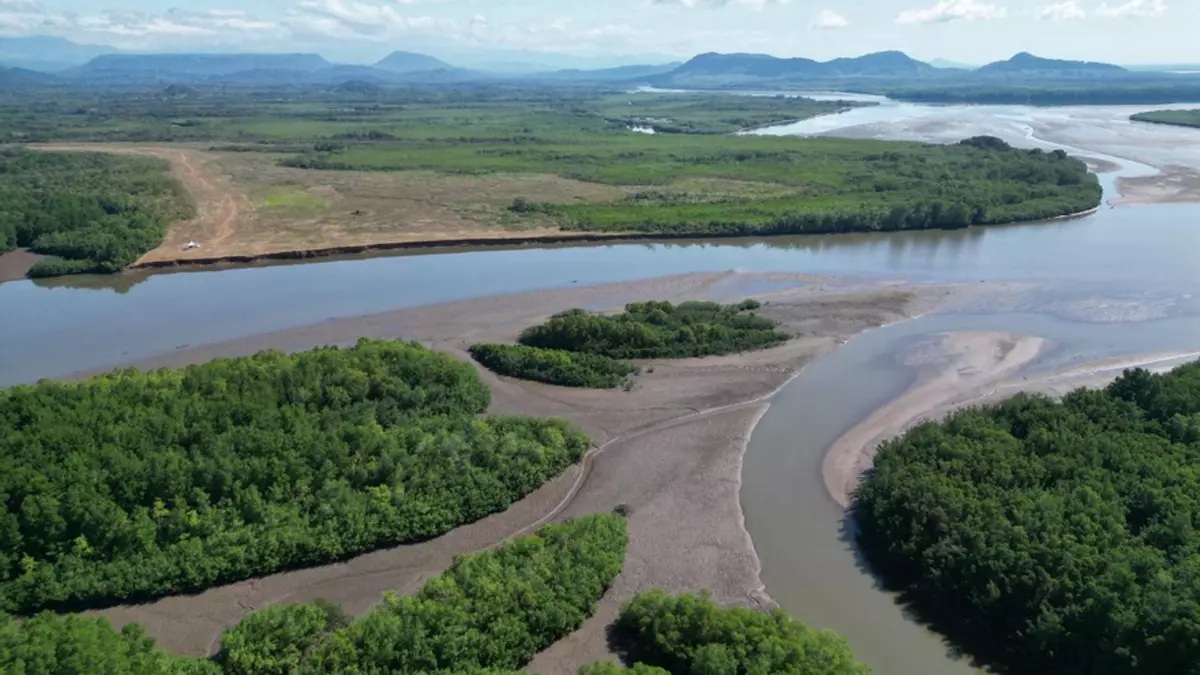
Panama: The Third Chamber of Administrative Litigation of the Supreme Court of Justice (SCJ) decided not to admit the request for provisional suspension of the effects of the resolution that approved the Environmental Impact Study (EIA) of the Puerto Barú Project, which is intended to be developed in David, Chiriquí province. The decision, contained in edict No. 1701 dated July 22, 2025, but published yesterday, is derived from the contentious-administrative nullity claim filed by the firm Cornejo Robles y Asociados, representing Martita Cornejo Robles and Manuel Alejandro Ruiz Cornejo.
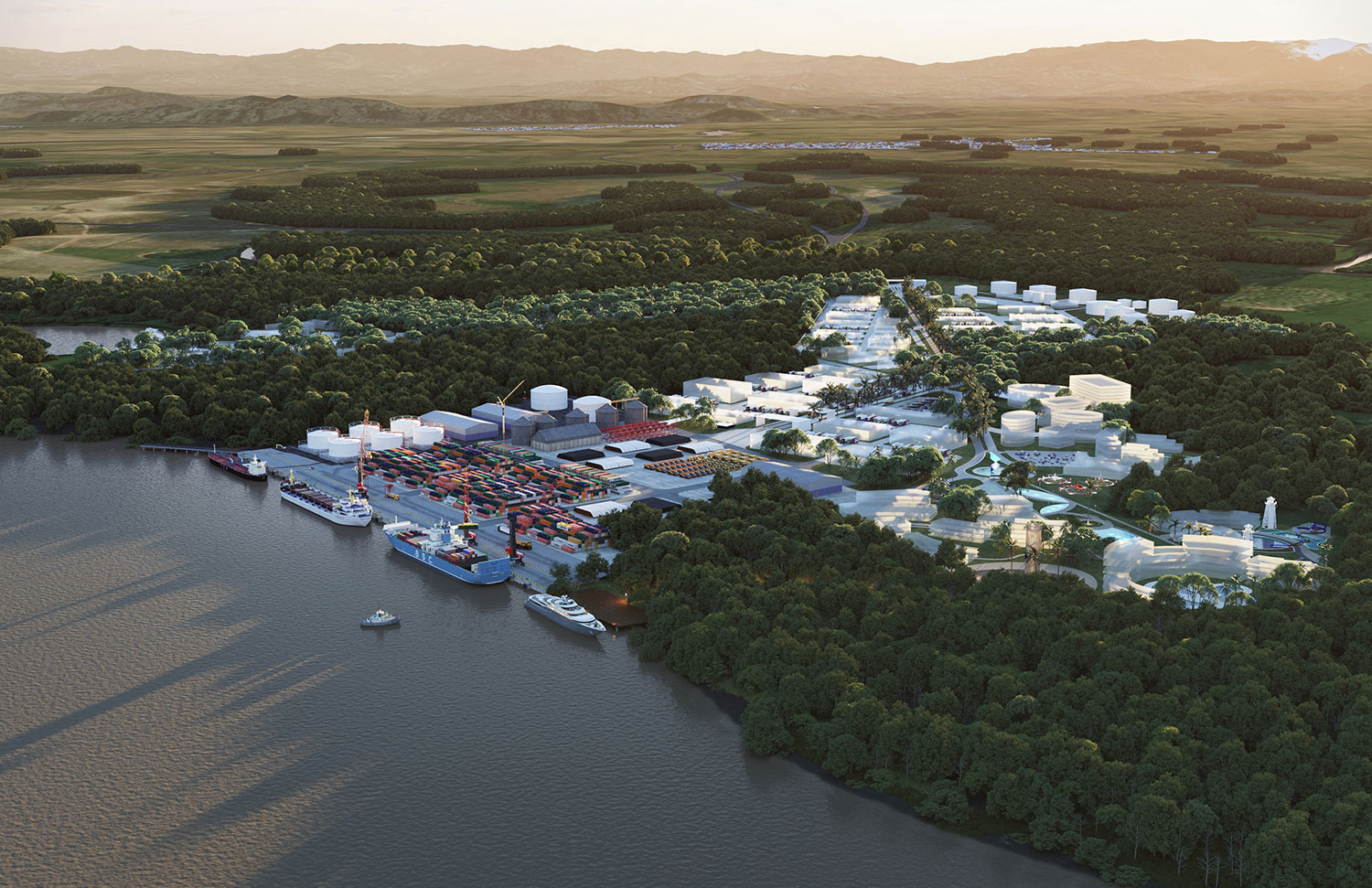
In this legal action, the plaintiffs request that Resolution DEIA-IA-0003-2024, issued on January 16 by the Ministry of Environment (MiAmbiente), which approved the EIA of the port project, be declared null and void due to illegality. The court decision was signed by judges María Cristina Chen Stanziola, Carlos Alberto Vásquez Reyes and Cecilio Cedalise Riquelme, with Secretary Katia Rosas certifying the notification. The edict was posted on July 24 in the Court Registry for a period of five business days.
A Project in a Protected Area
Cornejo, known for her role in the constitutional challenge to Mining Contract Law 406, maintains that the project’s approval is illegal because it is intended to be carried out within a protected area. The David Mangroves were declared a protected area by Municipal Agreement No. 21 of 2007, issued by the Municipal Council of the David District. The EIA file, as recorded, includes observations from the Chiriquí Protected Areas and Biodiversity Section, warning that the project’s implementation could affect the ecosystem services provided by mangroves, considered essential habitats for the reproduction, feeding, and movement of wildlife.
Next Steps
Although the Court did not agree to temporarily suspend the effects of the ruling, the annulment lawsuit continues its legal course. Cornejo and his clients are seeking to have the Supreme Court annul the approval of the EIA in its entirety, arguing that it violates environmental protection standards. According to Cornejo, the Court has already forwarded the matter to the Attorney General’s Office for its opinion on the lawsuit, which has been admitted. Thus, the controversy over the Puerto Barú project promises to remain at the center of the debate between economic development and environmental conservation in the western region of the country.
“What comes next is the entire stage in which both plaintiffs, the Environmental Advocacy Center and we, will present our evidence. Afterwards, the project developer, called Puerto Barú, will also be notified, and we will, in due course, present the evidence to support our case during the evidentiary phase. Several have already been incorporated into the file, but we still have expert reports, technical reports, and other documents to submit,” Cornejo told reporters.


